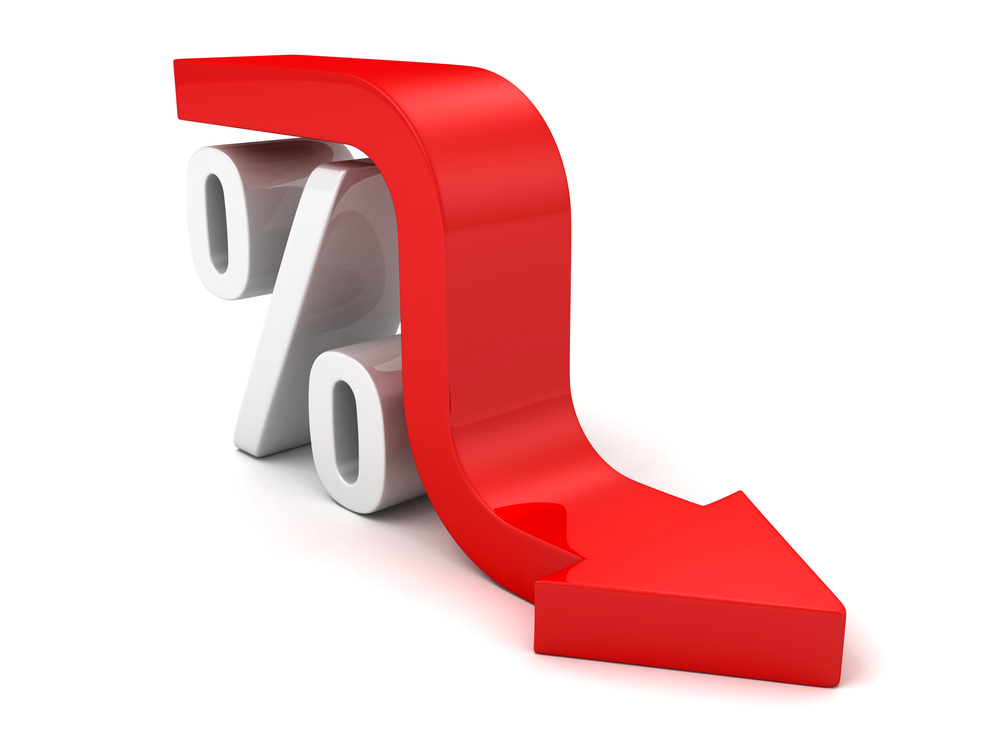Household Bills
UK economy set to slow in the second half of 2023

Accountancy firm KPMG said the UK economy is “experiencing renewed signs of stress”.
The firm’s Economic Outlook September 2023 report said that while worries about a deep recession have largely gone away, the prospects of high interest rates and low productivity are expected to hold back growth in the latter part of the year.
Yael Selfin, chief economist at KPMG, wrote in the report: “The post-pandemic imbalances are starting to normalise. Household excess savings are broadly used up, and the housing market is in retreat. We are now seeing the effects of higher interest rates feeding through to investment intentions, transaction volumes, and corporate insolvencies, although the full impact on the household and housing sectors is yet to be felt.
“Households are finally seeing their incomes grow in real terms, but the outlook for consumption remains weak. Discretionary spending is down and the financial cushion in the form of excess savings has been used up. There are some bright spots, however: the pickup in consumer confidence suggests cautious optimism, and household balance sheets remain healthy.”
KPMG forecasts show real GDP growth slowing to just 0.4% in 2023 and 0.3% in 2024, with uncertainty around the upcoming General Election and strength of demand suggesting that risks are skewed to the downside.
Inflation remains high and may only return to its 2% target by the latter part of 2024, especially if businesses continue to pass on higher costs to rebuild margins.
The labour market has started to cool, with hiring losing momentum and workers less confident about switching positions. With the gap between supply and demand closing, KPMG expects to see a gradual fall in pay growth.
KPMG: ‘House prices to fall by up to 10%’
The report noted that the housing market is gradually adjusting to higher interest rates. Mortgage approval fell by 22% in July on a year ago, while property transactions were down by 16%.
The report said: “This reflects both higher mortgage rates (a cost to borrowers) and a greater risk of defaults (a cost to lenders). According to Bank of England estimates, around 350,000 households will see their monthly mortgage payment increase by over £500 a month by the end of 2023.
“On the supply side, residential housing completions fell sharply at the start of the year, consistent with the weakness in construction output and residential PMI data. Taken together, our forecasts assume a peak-to-trough drop in nominal house prices of around 8-10%, equivalent to roughly half of the fall during 2007-09.”